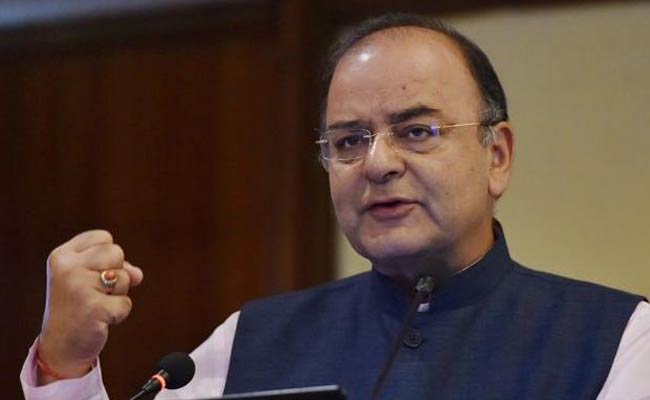Since relinquishing power six years ago, Castro’s health had been the topic of intense speculation. On several occasions, media reported inaccurately that he was near death or had died. Once in 2012, Castro replied to the rumors himself in an article published on Cuba Debate, a state-run website, in which he boasted that he was not only alive, but didn’t “even remember what a headache is.”
Castro had defied death many times before, both as the revolutionary who led an armed uprising against dictator Fulgencio Batista, and as Batista’s communist successor who inspired a number of U.S.-backed assassination plots. Nine U.S. presidents came and went during Castro’s rule, which, like him, proved resilient, outlasting most other communist governments around the world.
For 49 years Castro ran Cuba, transforming what was once an American playground with striking social inequalities into a poor, isolated country with a notorious record on human rights. To some, he was a hero. Through a rigid system of socialized medicine, education and cultural facilities, Castro’s government elevated Cuba’s most impoverished citizens and reduced the sort of racial inequalities prevalent throughout the Americas. For challenging and insulting U.S. policies and presidents, he won the devotion of like-minded leaders, including the late Venezuelan president Hugo Chavez. In a 2004 speech slamming the U.S. war on terrorism, for example, Castro accused President George W. Bush of hypocrisy and fraud, while in 2011 he penned an op-ed in the Cuban press calling President Barack Obama “stupid.”
(Sourced from agencies, feature image courtesy:pambazuka.org)























